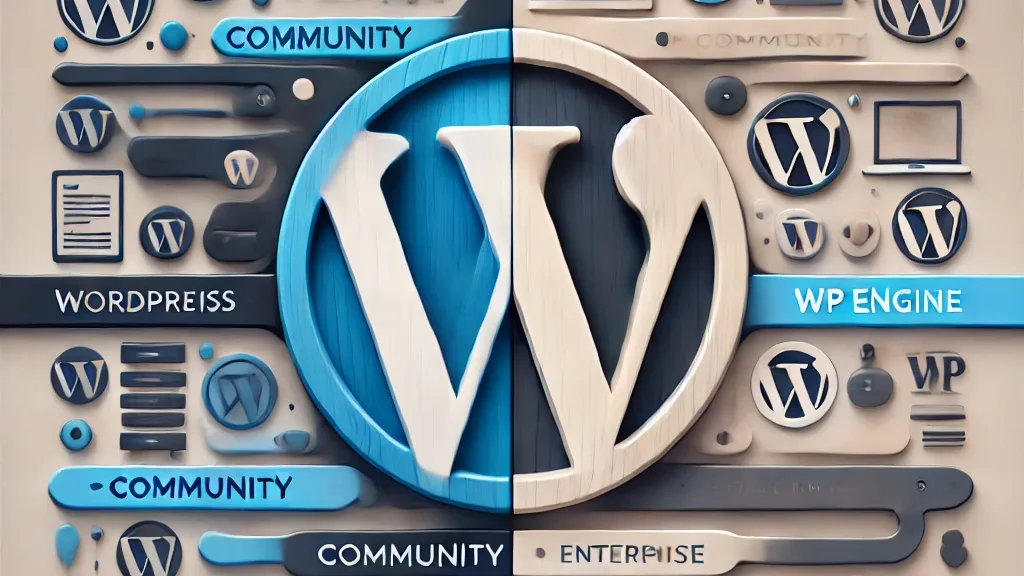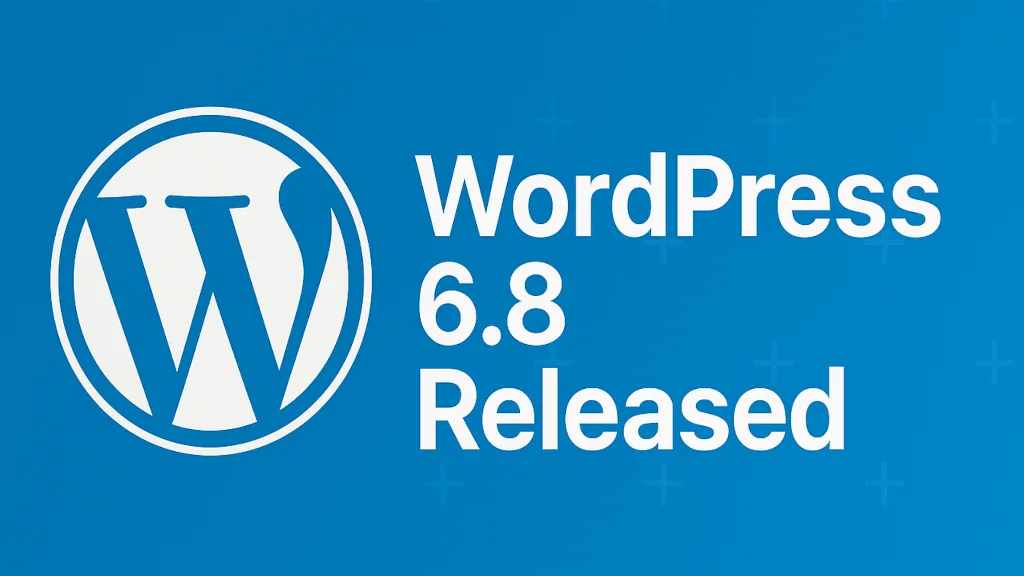
WordPress.org vs. WP Engine: A Heated Dispute in the WordPress Ecosystem
The ongoing dispute between WordPress.org and WP Engine has stirred significant controversy within the open-source and WordPress communities. At its core, the disagreement highlights challenges around trademarks, plugin distribution, and the ethical boundaries of open-source governance.
The Core of the Conflict
The dispute escalated when WordPress.org restricted access to certain resources for WP Engine users, including key plugins like Advanced Custom Fields (ACF). WordPress.org cited security concerns as a primary justification for this move. However, WP Engine viewed these actions as an aggressive overreach and responded by creating its own plugin delivery infrastructure. Legal actions followed, with accusations of trademark misuse and governance overreach being exchanged between the parties.
Critics of WordPress co-founder Matt Mullenweg have accused him of leveraging WordPress.org to undermine WP Engine while benefiting Automattic (his company). Others argue that WP Engine profits excessively from the open-source ecosystem without sufficient contribution, fueling frustration among WordPress leaders and contributors.
Broader Implications
This conflict has raised concerns about the integrity and neutrality of open-source platforms. High-profile figures, including David Heinemeier Hansson, the creator of Ruby on Rails, have warned against “weaponizing open-source platforms” for commercial disputes. Such practices, they argue, could jeopardize decades of trust and collaboration within the open-source community.
Additionally, the controversy has impacted community events. WP Engine’s sponsorship of WordCamp Sydney was abruptly canceled, leading to confusion and dissatisfaction among organizers and attendees.
What This Means for Users and Developers
For developers and businesses, the conflict underscores the importance of diversifying plugin and service providers to mitigate risks from platform disputes. For the WordPress community, the saga serves as a reminder of the need for transparent governance and balanced decision-making in managing open-source projects.
As this dispute unfolds, calls for reconciliation and dialogue continue to grow. Many hope for a resolution that preserves the collaborative spirit of WordPress while addressing legitimate concerns on both sides.



